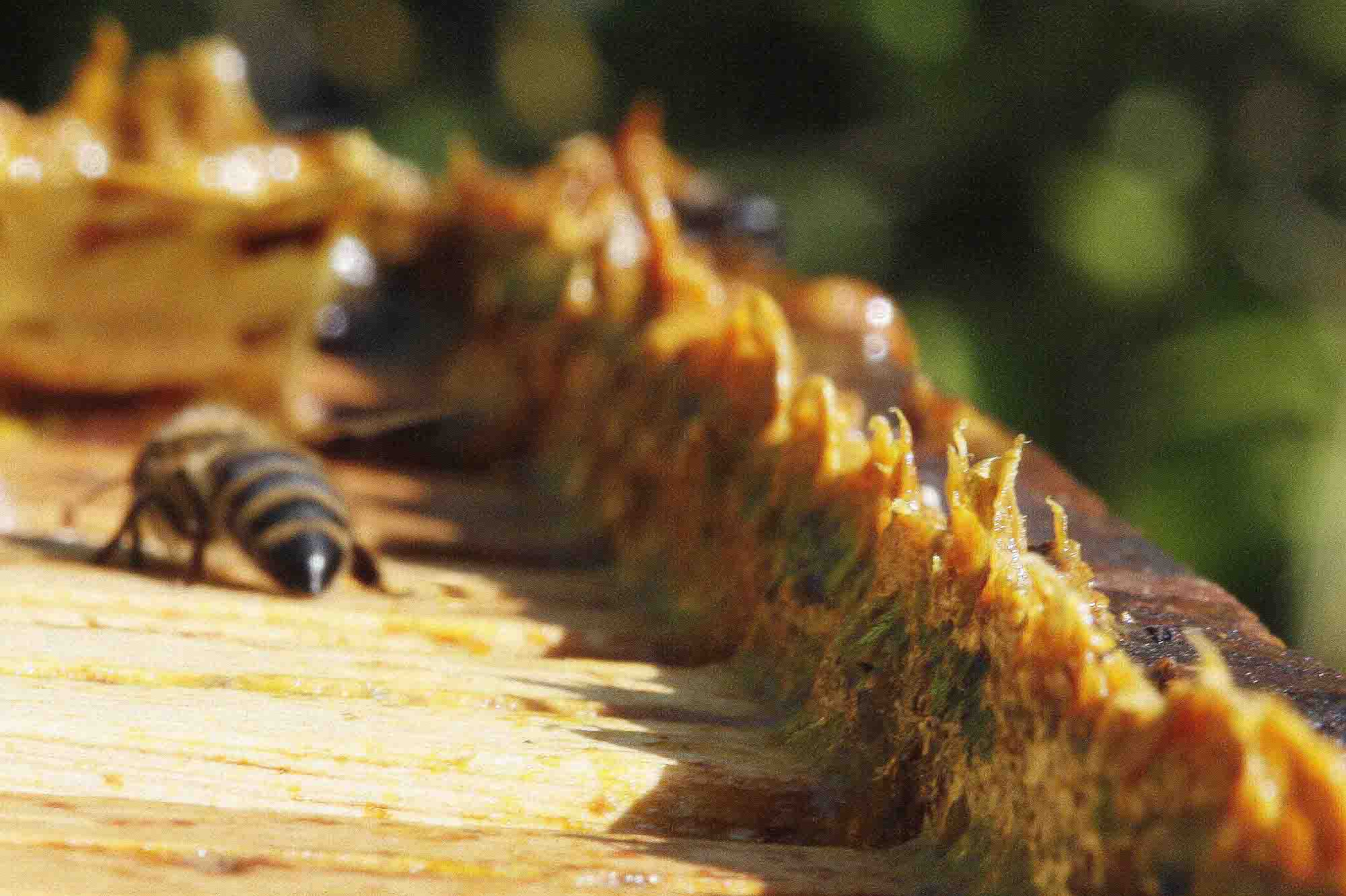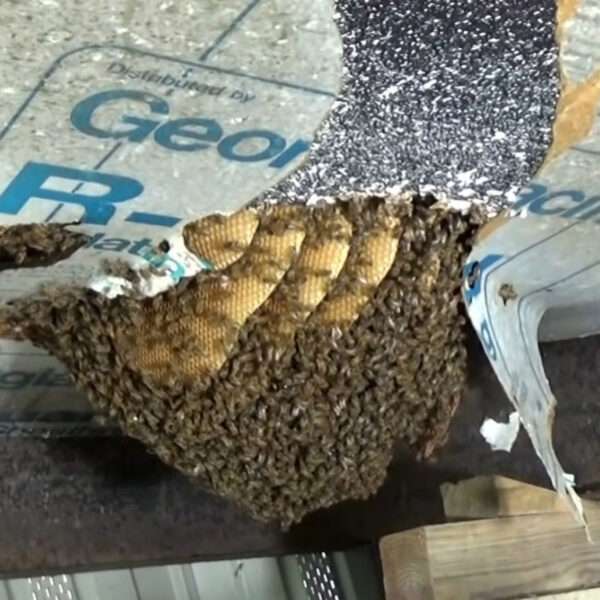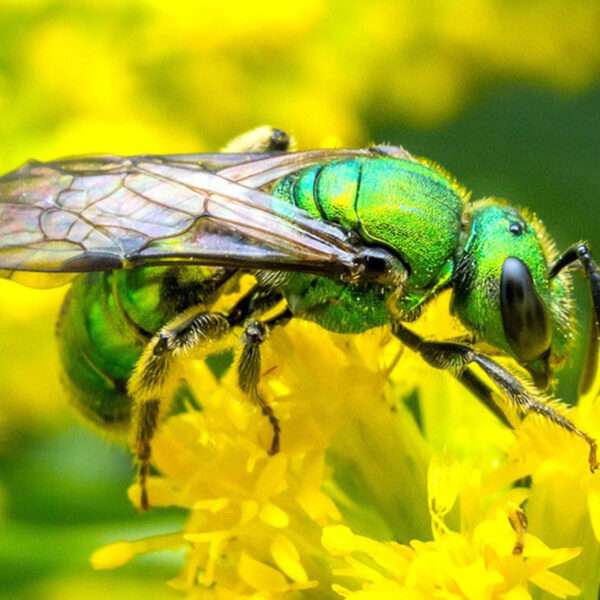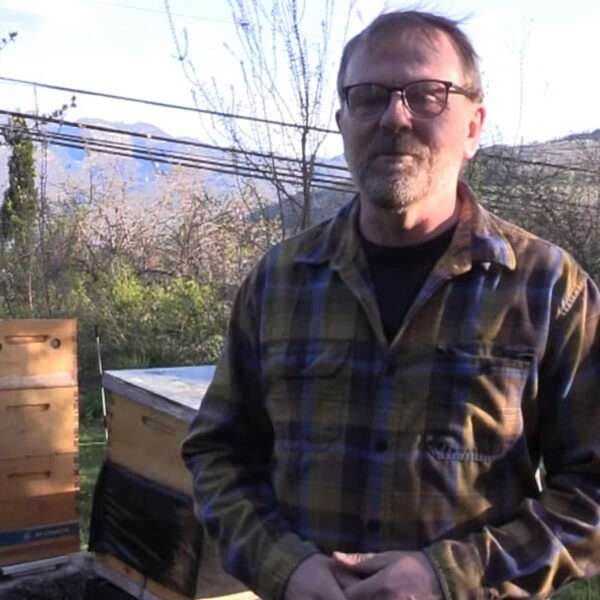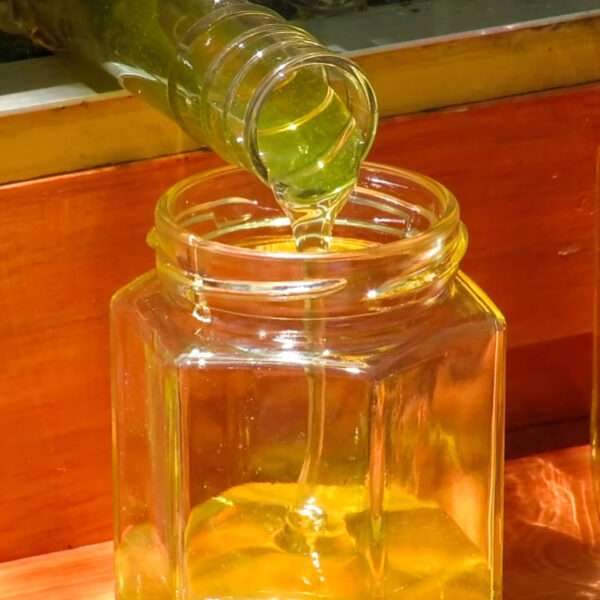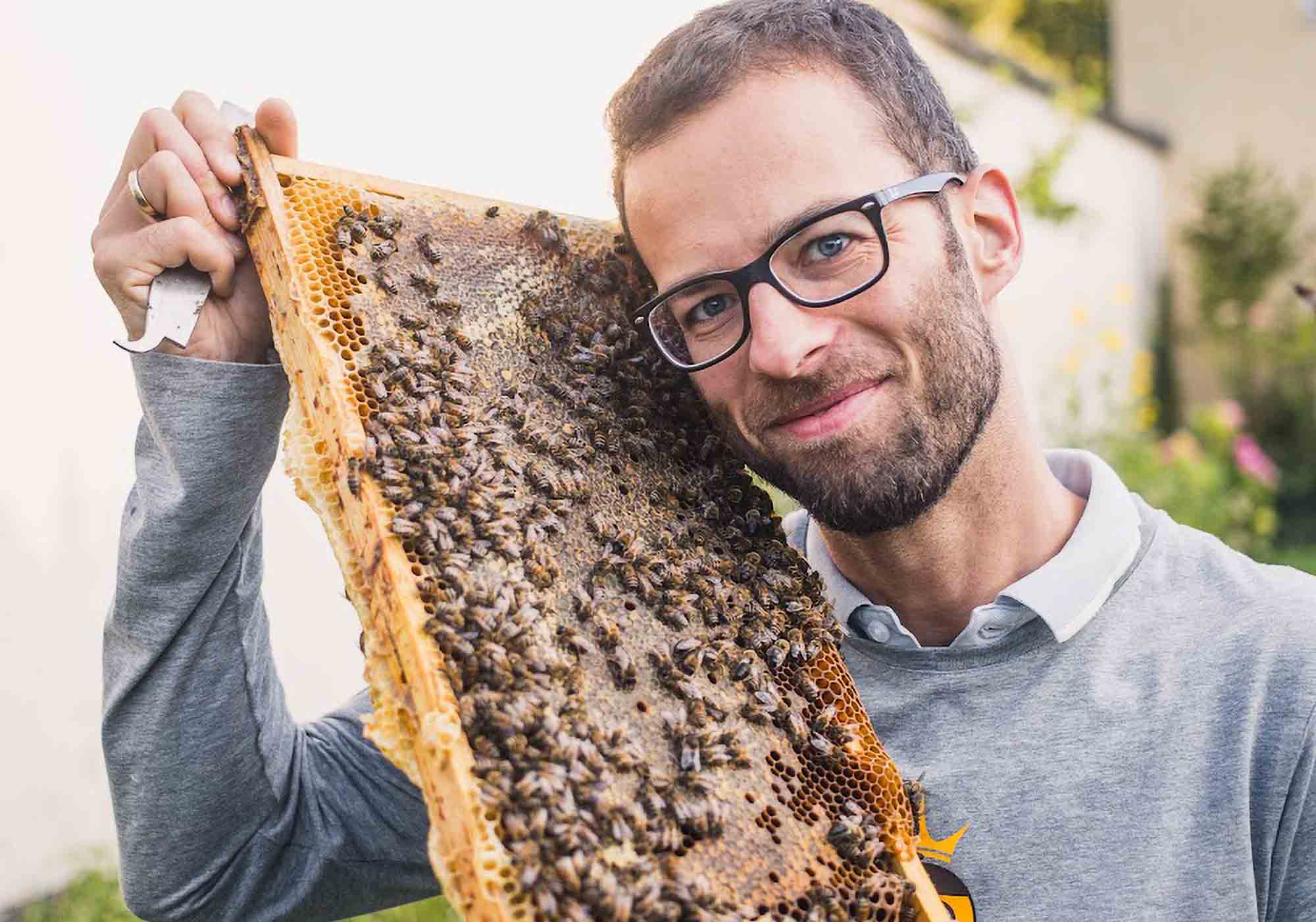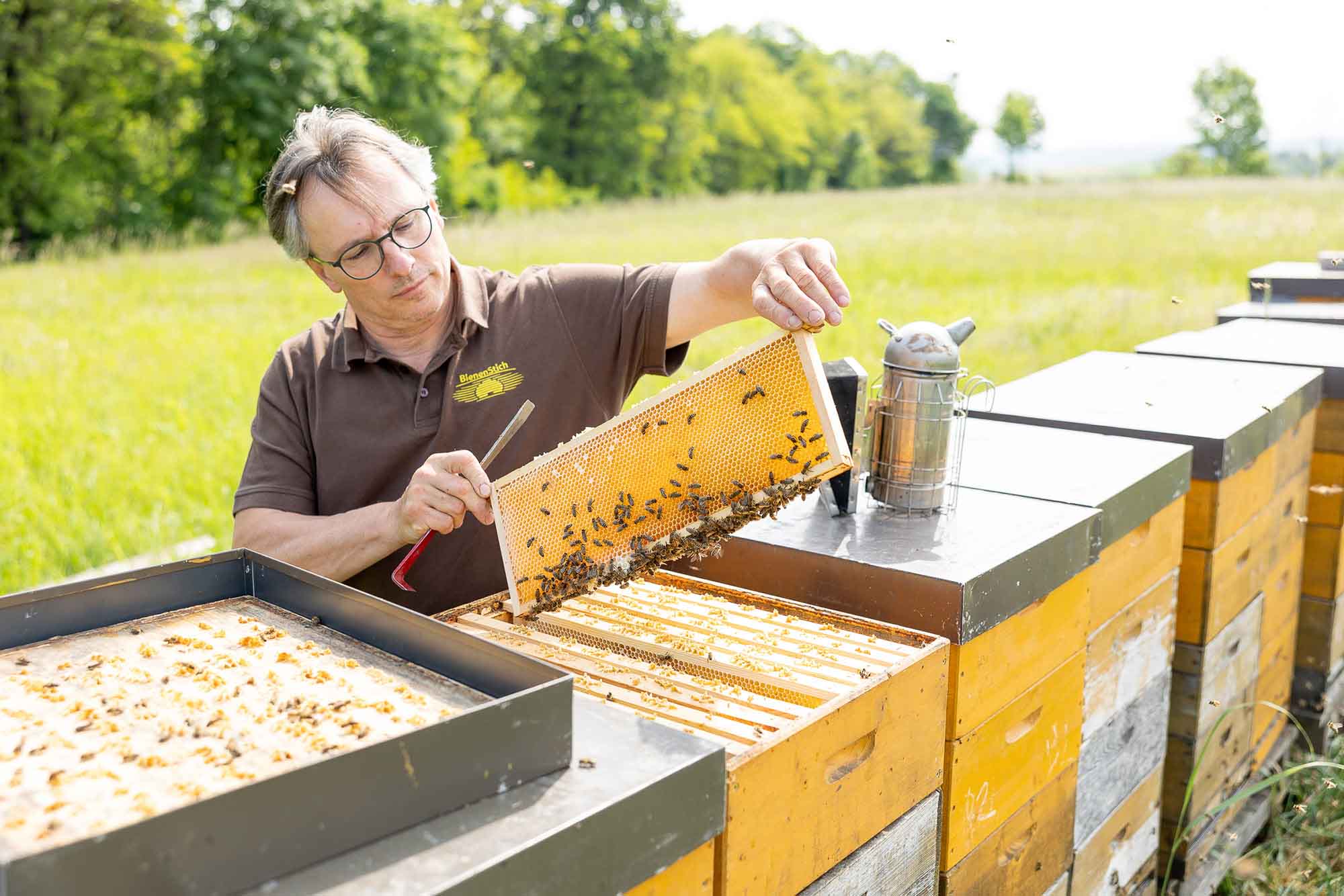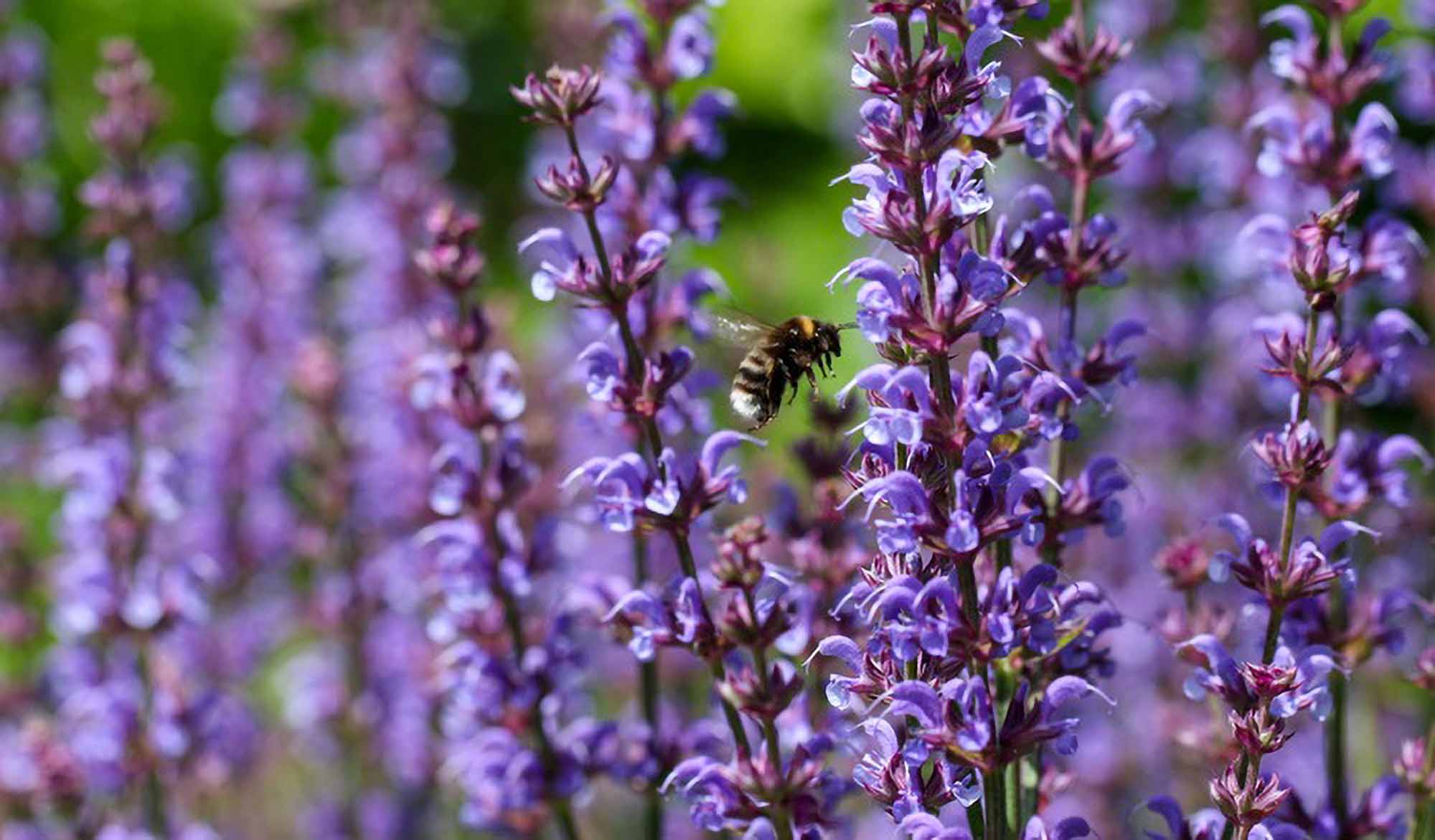A renowned scientist has deplored an “incredible” loss of pollinator habitats all over Austria.
The situation of native bees is getting increasingly precarious in different parts of the world due to the excessive application of insecticides and the effects of climate change.
Austria is nevertheless still considered a “solitary bee hotspot”, according to Dr Dominique Zimmermann from the Viennese Natural History Museum (NHM).
The researcher told The Bee News: “There are more than 700 different species. The province of Lower Austria alone is home to more wild bees than Germany.”
Now Zimmermann’s colleague, NHM department head Dr Herbert Zettel, warned of the devastating consequences the intensification of farming and the sealing of soils by buildings would have on flora and fauna.

Dr Zettel told Der Standard, an Austrian newspaper: “We observe an incredible loss of areas which could have been inhabited by these creatures.”
Dr Zettel is currently engaged in the digital registration of all bee species that ever inhabited Austria. The involved scientists plan to determine the state of things regarding each species considering the criteria of the International Union for Conservation of Nature (IUCN).
Speaking to Der Standard, Dr Zettel explained that the endeavour should encourage Austria’s nine regional governments to establish measures to protect local biodiversity.
The NHM expert emphasised that mowing meadows less often had an enormously positive effect. Referring to the parks managed by the Vienna City Council, Dr Zettel highlighted the beneficial consequences of abstaining from spraying pesticides.
In contrast to honeybees, solitary bees do not live in colonies. They are busy pollinators and often depend on certain plants and flowers. Solitary bees, also known as wild bees, build their nests in deadwood and in the soil.


